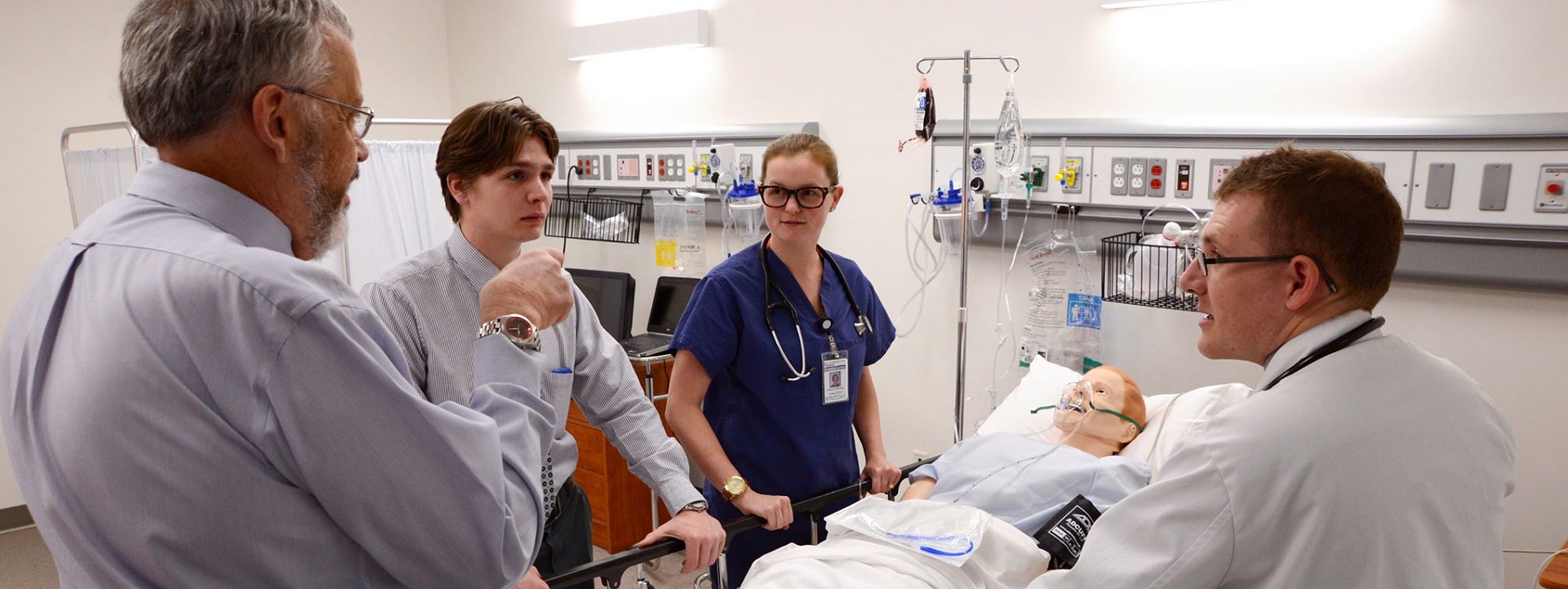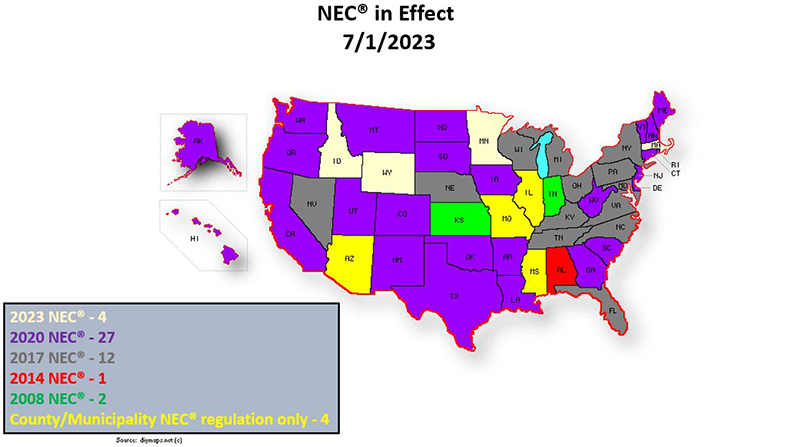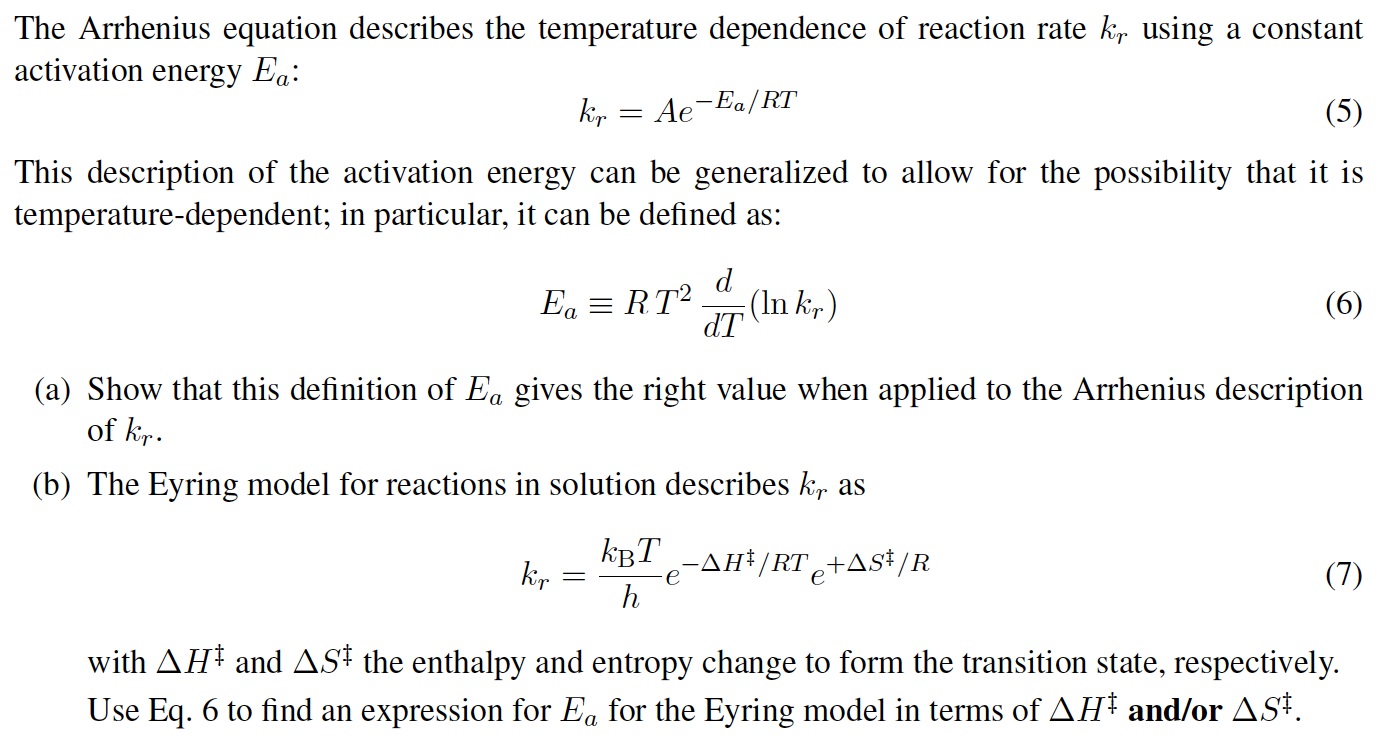Bibliography: Climate “Change”
- Home Page 234

Where There is Smoke…There Doesn’t Have to be Fire
The ASTM International business model features a strong product certification component and a weaker interoperability component therefore we place ASTM titles at lower priority in our coverage of the best practice literature that supports our safety and sustainability agenda. Nevertheless, leading practice discovery and promulgation processes for product certification bears a strong similarity to the processes that provide the structure for interoperability standards.
Today we select a Case Study from ANSI’s Committee on Education which is relevant to today’s fire safety colloquium; open to everyone.
ASTM Fire Standards and Flammability Standards
WHERE THERE IS SMOKE… THERE DOESN’T HAVE TO BE FIRE: FIRE-SAFETY AND ASTM E2187
ANSI Committee on Education: Questions and Answers
We hope quick access to this content will encourage students and faculty to participate in the annual ANSI Student Paper Competition, sponsored by ANSI’s Committee on Education in which we are a member. We meet again in July and will determine the winner(s) the 2021 competition and select a topic for the 2022 competition. We are happy to explain further during today’s colloquium. At any time you may communicate directly with Lisa Rajchel (lrajchel@ansi.org).
More
Border Collie Optimization
Abstract: In recent times, several metaheuristic algorithms have been proposed for solving real world optimization problems. In this paper, a new metaheuristic algorithm, called the Border Collie Optimization is introduced. The algorithm is developed by mimicking the sheep herding styles of Border Collie dogs. The Border Collie’s unique herding style from the front as well as from the sides is adopted successfully in this paper. In this algorithm, the entire population is divided into two parts viz., dogs and sheep. This is done to equally focus on both exploration and exploitation of the search space. The Border Collie utilizes a predatory move called eyeing.
This technique of the dogs is utilized to prevent the algorithm from getting stuck into local optima. A sensitivity analysis of the proposed algorithm has been carried out using the Sobol’s sensitivity indices with the Sobol g-function for tuning of parameters. The proposed algorithm is applied on thirty-five benchmark functions. The proposed algorithm provides very competitive results, when compared with seven state-of-the-art algorithms like Ant Colony optimization, Differential algorithm, Genetic algorithm, Grey-wolf optimizer, Harris Hawk optimization, Particle Swarm optimization and Whale optimization algorithm. The performance of the proposed algorithm is analytically and visually tested by different methods to judge its supremacy. Finally, the statistical significance of the proposed algorithm is established by comparing it with other algorithms by employing Kruskal-Wallis test and Friedman test.
Wiring Fire Prevention in Hospitals
Localized fire ignition hazard in branch circuits, cords and connected equipment
Abstract. In electrical power systems, the fire ignition can be originated by incident energy of faults. Faults involve overheating, arcing and burning for all the wiring exposed to mechanical damage and other insulation stresses especially wiring connected by flexible cords and cables. The mechanical damage of the stranded bare conductors can degrade the effective sizing of the total cross section, causing anomalous conditions of local overcurrent. To highlight the local incident energy in case of fault, the parameters steady current and transient current densities can assist in analyzing the event. The conductors size reduction, degrading locally the thermal withstand capability, makes ineffective the protection coordination amplifying the anomalous effect of current no detectable adequately by overcurrent protective devices. The faulted cords remain so energized and present electric shock and fire hazards. Generally and especially in strategic buildings as hospitals, preventing ignition is better than promptly extinguishing. An efficient protection can be achieved by integration of active and passive techniques : by adoption of the special device Arc-fault Circuit Interrupter (AFCI) that recognize the arcing; by wiring the circuits, particularly extension cords, with Ground-Fault-Forced Cables, GFFCs, that convert faults into ground faults easily protected by ground fault protective devices (GFPDs).
Product Standards for Plugs and Receptacles








Manufacturers retain testing laboratories and related conformance organizations — Nationally Recognized Testing Laboratories — to assure their products meet safety (and sometimes sustainability) standards. Today we will examine the certification catalog of a legacy, and familiar name in the electrical device domain. At a patient’s bedside in a hospital or healthcare setting, various electrical loads or devices may be present to provide medical care, monitoring, and comfort. Some of the common electrical loads found at a patient’s bedside include:
Hospital Bed: Electric hospital beds allow for adjustments in height, head position, and leg position to provide patient comfort and facilitate medical procedures.
Patient Monitor: These monitors display vital signs such as heart rate, blood pressure, oxygen saturation, and respiratory rate, helping healthcare professionals keep track of the patient’s condition.
Infusion Pumps: These devices administer medications, fluids, and nutrients intravenously at a controlled rate.
Ventilators: Mechanical ventilators provide respiratory support to patients who have difficulty breathing on their own.
Pulse Oximeter: This non-invasive device measures the oxygen saturation level in the patient’s blood.
Electrocardiogram (ECG/EKG) Machine: It records the electrical activity of the heart and is used to diagnose cardiac conditions.
Enteral Feeding Pump: Used to deliver liquid nutrition to patients who cannot take food by mouth.
Suction Machine: It assists in removing secretions from the patient’s airway.
Warming Devices: Devices like warming blankets or warm air blowers are used to maintain the patient’s body temperature during surgery or recovery.
Reading Lights: Bedside lights that allow patients to read or perform tasks without disturbing others.
Television and Entertainment Devices: To provide entertainment and alleviate boredom during the patient’s stay.
Charging Outlets: Electrical outlets to charge personal electronic devices like smartphones, tablets, and laptops.
It’s important to note that the specific devices and equipment present at a patient’s bedside may vary depending on the level of care required and the hospital’s equipment standards. Additionally, strict safety measures and electrical grounding are essential to ensure patient safety when using electrical devices in a healthcare setting.
We have been tracking the back-and-forth on proposals, considerations, adoption and rejections in the 3-year revision cycles of the 2023 National Electrical Code and the2021 Healthcare Facilities Code. The documents listed below are frequently referenced in both NFPA 70 and NFPA 99:
Standard for Attachment Plugs and Receptacles
Transmission Line Right-of-Way
Optimization of Transmission Line Right-of-Way
Ajaykumar Patel, et. al
School of Engineering & Technology, Central Queensland University, Melbourne, Australia
Abstract: A specific land is required to design the transmission line to construct effectively and maintain properly is called right of way of transmission line. It is calculated by considering mainly three electrical quantity related transmission line such as electric field, magnetic field and radio interference. Corona effect is considered for the evolution of right of way. By considering these parameters, it provide idea related to effect surrounding the area nearby transmission line.
The determination of transmission line right of way for public electric utilities typically involves a combination of legal considerations, regulatory requirements, environmental assessments, and public engagement:
Planning and Route Selection: Public electric utilities assess their power transmission needs based on factors such as population growth, energy demand, and infrastructure upgrades. They consider various potential routes and alternatives, taking into account factors like terrain, existing infrastructure, land use, and environmental sensitivities.
Environmental and Impact Assessments: Utilities conduct environmental and impact assessments to evaluate the potential effects of the proposed transmission line routes. These assessments examine factors such as wildlife habitats, endangered species, wetlands, water bodies, cultural or historical sites, and scenic landscapes. The purpose is to identify potential impacts and propose mitigation measures.
Regulatory and Permitting Process: Public utilities must comply with applicable laws and regulations governing transmission line development. This includes obtaining necessary permits and approvals from relevant regulatory agencies at the federal, state, and local levels. The requirements vary depending on the jurisdiction, but they often involve environmental agencies, land management agencies, and public utility commissions.
Public Engagement and Consultation: Utilities engage in public consultation and outreach to gather feedback from affected communities, landowners, and stakeholders. They conduct public hearings, open houses, and meetings to inform the public about the project, address concerns, and consider alternative routes suggested by the community. This engagement helps ensure transparency and public input in the decision-making process.
Negotiations and Eminent Domain: Utilities negotiate with landowners along the proposed transmission line route to acquire the necessary right of way. In some cases, if an agreement cannot be reached, utilities may exercise eminent domain, which is a legal process that allows them to acquire the land for public use while providing just compensation to the affected landowner.
Legal Framework: The legal framework for determining transmission line right of way varies by jurisdiction. Laws related to land use, zoning, environmental protection, and eminent domain play a role in defining the process and requirements for securing right of way.
Procedures vary depending on the country, state, or region where the transmission line is being developed. Local regulations, environmental conditions, and public engagement practices will influence the overall process.
Related:
Optimization of Transmission Line Right-of-Way
Diminishing the Right of Way (RoW) With Multi Voltage Multi Terminal Transmission Tower
Information System for the Vegetation Control of Transmission Lines Right-of-way
Partially underground transmission circuits: safety issue for current and future power systems
IEEE Guide to the Installation of Overhead Transmission Line Conductors, IEEE Std. 524, 1992
Pacific Gas & Electric: Overhead Transmission Line Design Criteria
Building Electrical Wiring Based on Microsystem Criteria
Electrical Distribution Systems Based on Microsystem Criteria
This paper deals with an innovative design strategy of building power systems by introducing criteria based on both the “installation approach” and the “operating approach” applying plan-do-check-act (PDCA) cycle. The In-Op design of the electrical power systems takes care of the worst cases of configurations, adequate gaps on load in selecting the rating of components, the actual mean losses to evaluate their energetic operation, and to avoid excessive gaps on the lifetime of components. With this aim, the authors suggest consideration of the thermal aging model of Arrhenius to review the actual gap on load in selecting the rating of components. In reference to IEC standards, this paper underlines in the circuits design the cable steady and transient current densities, the load current torque density as “natural” parameters that allow applying a thumb rule in the classic sizing of the cross-sectional area of circuit conductors. Microsystem criteria in power systems design allow structuring their configuration with components of smaller size to reduce radically the volume of circuit conductors with more sensitive results in the branch distribution. The authors suggest why not reconsider the series of commercial cross section areas of power cables.
This paper was presented at the IEEE Industrial Applications Society meetings in 2015 and is now available in IEEE Transactions on Industry Applications ( Volume: 54 , Issue: 1 , Jan.-Feb. 2018 ). The authors revisit the first principles of conductor ampacities and conclude by asking a question: What Innovations Without Cultural Changes?
In the United States, and most of North America, the National Fire Protection Association has the largest platform, and the longest history in electrical power engineering for buildings. In other words: the conversation about electrical safety within buildings is informed by the perspective of fire safety professionals. In Europe, not so much. The inspiration for European electrical safety is found in a shock protection.
The IEEE effectively ceded administration of building electrical safety to the NFPA and spent decades providing the platform for leading practice discovery for electrical power generation and distribution outside buildings — i.e. public utilities. In retrospect this “division of labor” roughly follows the money flows to and from manufacturers and insurance companies.
The cultural question raised in the paper is reproduced, in part, below:
“…For an actual safety program, a comparative analysis of international electrical approaches on distribution systems will facilitate an understanding of their similarities and differences and will promote the design of new equipment of high efficiency like AM Transformers and new integrated common solutions, like a new series of commercial cross section areas of the power cables efficient for reducing conductors volume in balance with the costs….”
We collaborate closely with the IEEE Education & Healthcare Facilities Committee which meets 4 times monthly in European and American time zones. Risk managers, electrical safety inspectors, facility managers and others are welcomed to click into those teleconferences also. We expect that concepts and recommendations this paper will find their way into future revisions of US and international electrical safety codes and standards.
Issue: [19-129]
Category: Electrical, Facility Asset Management, Fire Safety, International
Colleagues: Mike Anthony, Jim Harvey, Christel Hunter, Giuseppe Parise, Luigi Parise
New update alert! The 2022 update to the Trademark Assignment Dataset is now available online. Find 1.29 million trademark assignments, involving 2.28 million unique trademark properties issued by the USPTO between March 1952 and January 2023: https://t.co/njrDAbSpwB pic.twitter.com/GkAXrHoQ9T
— USPTO (@uspto) July 13, 2023
Standards Michigan Group, LLC
2723 South State Street | Suite 150
Ann Arbor, MI 48104 USA
888-746-3670





















